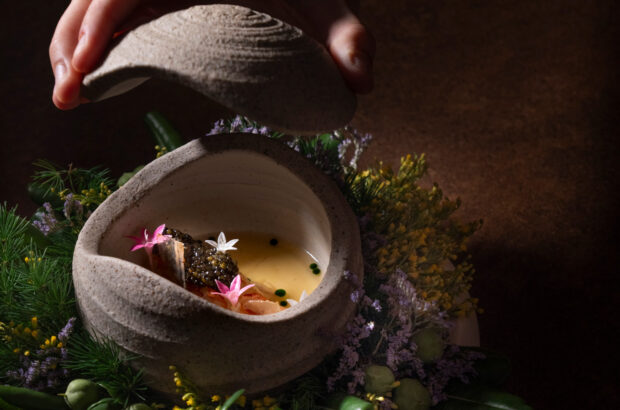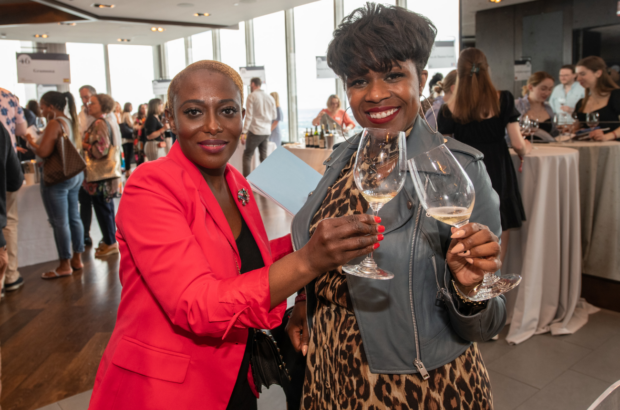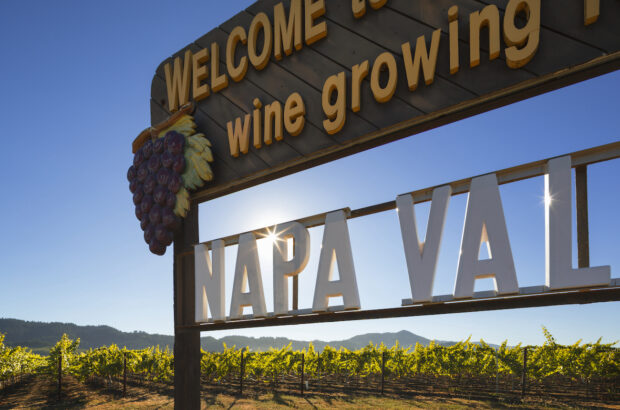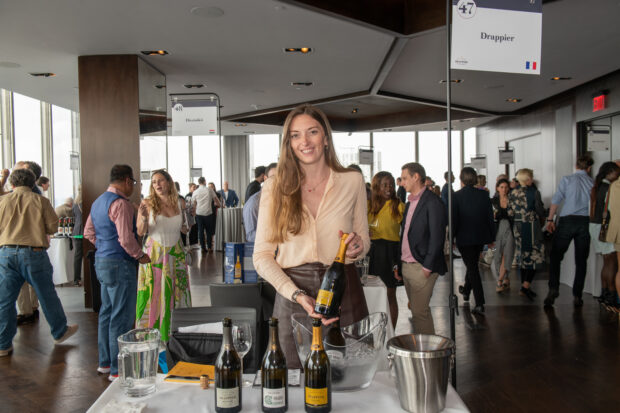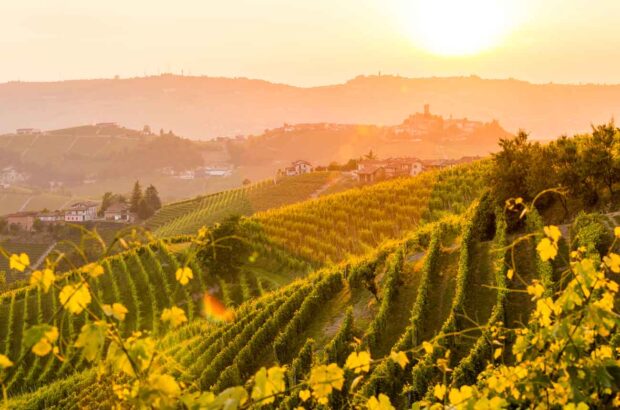Champagne’s regional council is to enter talks with the wine critic known as Champagne Jayne over the future use of her name, after the two parties spent three days arguing in court.
Image credit: ‘Champagne’ Jayne Powell
Jayne Powell stood trial in Melbourne’s Federal Court this week after the Comite Champagne accused her of trademark infringement.
Despite her status as a Dame Chevalier in the Ordre des Coteaux de Champagne, the trade body’s lawyers objected to her ‘Champagne Jayne’ trading name, which she registered in 2012.
But, after three days of argument and aggressive cross-examination in court, the Comite Champagne and Powell agreed to mediation in the first week of March 2015. Talks between the two parties will be overseen by an independent adjudicator.
The outcome could have repercussions for other critics using protected wine names in their titles.
In court, Comite Champagne lawyers said Rachel Jayne Powell deceived clients and tarnished Champagne’s brand image by referring to other sparkling wines.
At one stage, lawyers produced a 282-page list of Powell’s 3,400 Twitter followers and asked if she could guarantee none were being misled. They also screened videos of Powell talking about both Australian sparkling wine and Champagne in one tasting.
Powell denied the claims and presented evidence to show that she clearly distinguished between Champagne and sparkling wine. She added that she has stopped using the terms Champagne ‘ambassador ‘ and ‘global ambassador’.
The action is understood to have put her in a precarious financial situation.
As part of the mediation settlement, Powell is banned from talking to the media. The Comite Champagne refused to comment on an ongoing case. If mediation fails, the trial is set to resume on 10 March.
Under European Union rules that have been extended to Australia, Champagne can only be produced from certified vineyards and by specific methods in the eponymous region of northern France.
(Editing by Chris Mercer)
Related Content:
- Champagne lawyers accuse critic ‘Champagne Jayne’ of trademark infringement
- Champagne enforcers chase 1,000 cases per year
Written by Jim Budd & Graeme Loft in Melbourne



